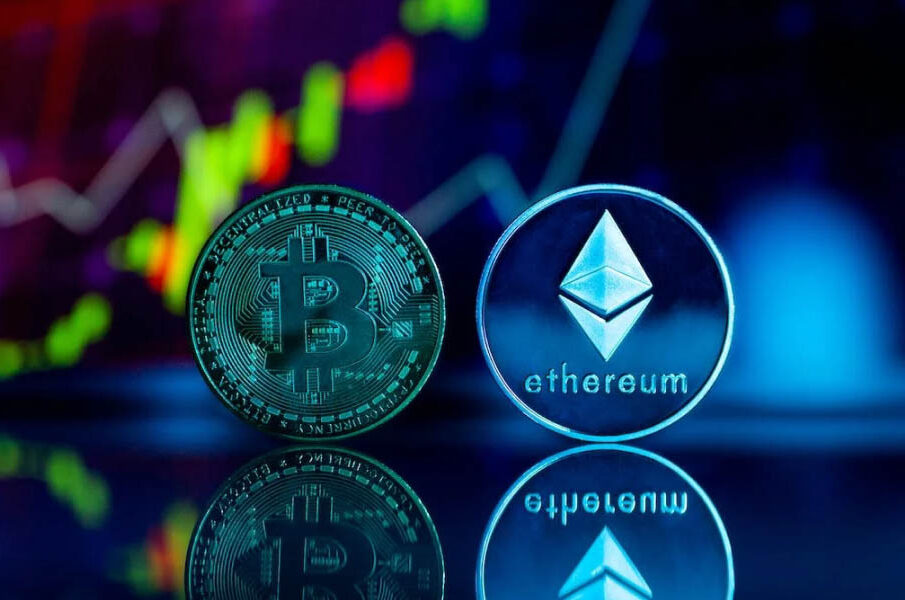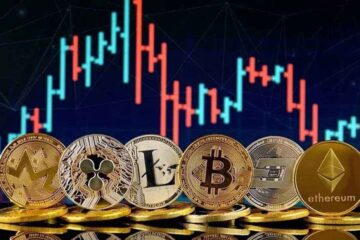Why invest in tokenized assets?

Traditionally, investing in certain asset classes, such as real estate or fine art, has been limited to high-net-worth individuals or institutional investors due to the substantial capital requirements and regulatory hurdles. Tokenization democratizes access to these previously exclusive investments by allowing fractional ownership. Through tokenization, high-value assets are divided into smaller digital tokens that represent ownership shares. This enables investors to purchase a fraction of an asset, significantly lowering the entry barrier. With tokenized assets, you invest in a piece of prime real estate or a share of a valuable artwork without having to bear the entire cost of ownership. This opens up new investment opportunities to a broader range of investors, irrespective of their capital size.
Enhanced liquidity and faster settlements
The advantage of tokenized assets is the enhanced liquidity they offer. In traditional markets, selling illiquid assets like real estate or private equity is a lengthy and cumbersome process. Finding buyers, negotiating terms, and completing the transaction take weeks or even months, tying up capital and limiting flexibility.
Tokenized assets are traded on secondary markets or exchanges, similar to stocks or cryptocurrencies. The ability to buy and sell tokens quickly and easily provides a level of liquidity previously unattainable for many asset classes. The ability to liquidate investments rapidly allows investors to adapt to changing market conditions, rebalance their portfolios, or access funds when needed.
The use of blockchain technology in tokenization streamlines the settlement process. Traditional settlement times range from days to weeks, depending on the asset class and jurisdiction. With tokenized assets, settlements occur almost instantaneously, reducing counterparty risk and improving overall efficiency.
Reduced costs and improved efficiency

Investing in traditional assets often involves significant costs, including transaction fees, intermediary charges, and legal expenses. Tokenization has the potential to streamline the investment process and reduce these associated costs. Using blockchain technology, tokenized assets are traded directly between buyers and sellers, eliminating the need for intermediaries.
Smart contracts, which are self-executing contracts with the terms directly written into code, can automate various aspects of the investment process, such as dividend distributions and compliance checks. It minimizes errors, reduces manual intervention, and improves overall efficiency. Tokenized assets reduce entry barriers and increase returns by increasing efficiency and reducing costs.
Global accessibility and 24/7 markets
Tokenized assets are not bound by geographical limitations or traditional market hours. They are accessed and traded by investors worldwide, 24/7. This global accessibility opens up investment opportunities that may have been previously unavailable due to location or time zone constraints. Investors participate in tokenized asset markets from anywhere in the world as long as they have an internet connection. By tokenizing assets, they will have access to new markets and growth opportunities across the globe. The 24/7 nature of tokenized asset markets also offers investors greater flexibility in managing their investments. They can react to market movements and make investment decisions at any time without being restricted by the opening and closing hours of traditional stock exchanges.
The exciting aspect of tokenization is the Diverse Asset Range of assets that are tokenized. This dynamic diversity opens up endless opportunities for investors and enhances the potential for growth in the market. From traditional asset classes like real estate, precious metals, and art to more unconventional assets such as intellectual property rights, renewable energy projects, and even collectables, the possibilities are vast. By embracing the potential of tokenized assets, investors unlock a new era of investment possibilities and shape the future of investing.











